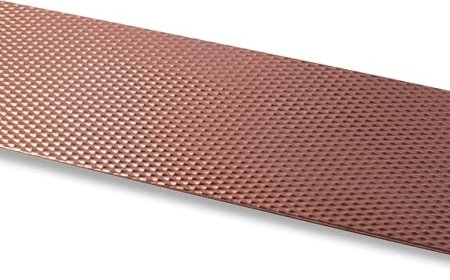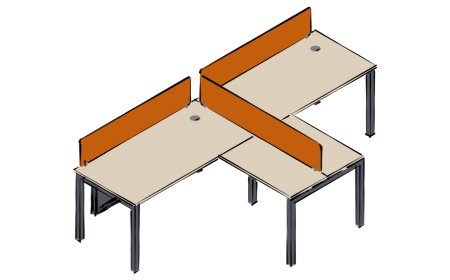Why Modern Facility Management Needs BMS Mechanical Services
BMS mechanical services form the backbone of intelligent systems, helping facility managers improve energy efficiency, reduce costs, and enhance occupant comfort through smart automation.

In today’s world, energy-efficient facilities have never been more in demand. As businesses push to save on overheads, create a comfortable environment for occupants, and fulfill environmental targets, one option has emerged as essential - BMS mechanical services. Such services are the core of intelligent building systems, as they are the bridge from the mechanical infrastructure to the building automation systems.
Knowing more about BMS Mechanical Services
BMS services involve capturing and maintaining mechanical system controls and data within a Building Management System. This interoperability allows fundamental building functions to run smoothly, response to occupancy to be as dynamic as possible, and response to the environment to be in real time.
These services use sophisticated sensors, control algorithms, and data analytics to help facilities managers track and adjust mechanical equipment performance. This feature results in uniform indoor climate maintenance, longer equipment life, and minimal energy consumption.
Key Benefits of Integrating BMS Mechanical Services
Utilizing BMS mechanical services offers multiple advantages that are more than just acting on maintenance on the kit. These advantages include:
- Improved energy efficiency: Energy savings can be achieved by controlling HVAC and mechanical systems in a building. BMS services can cut down on wasted power.
- Lower operating costs: Automation reduces the need for hands-on monitoring, catches less-efficient operations sooner, and avoids more expensive system failures.
- Decision-making: Real-time system data enables facility managers to make informed changes, schedule preventative maintenance, and estimate future system operation.
- Enhanced occupant comfort: Optimal environmental control (including temperature, humidity, and air quality) ensures occupant comfort, thus higher satisfaction and productivity.
The Importance of Professional Integration
Hardware is not the only means to make a successful BMS system. All of it takes careful planning, skilled design work, and meticulous integration to ensure every element speaks clearly and spends time out in the field with real application. This is where professional BMS mechanical services are crucial.
Systems that are not well integrated may result in fragmented control, waste of energy,y and higher maintenance costs. In contrast, a professionally designed BMS solution gives you complete control over all mechanical services, adapted to the requirements of the building.
Supporting Smarter Buildings and Greener Goals
With sustainability objectives now core to businesses, BMS systems can help support green building certification targets, including NABERS, Green Star, and LEED. BMS integration allows you fine control over all of the energy-consuming systems in a building, and this is one of the key things that will drive energy rating improvement, and help you comply with regulatory requirements.
In this scenario, companies specialised in advanced automation technologies have a fundamental position. For instance, firms such as ControlWorks are helping to directly shape the future of smart infrastructure and making sure commercial, industrial, and government facilities benefit from state-of-the-art integration services. Their participation means that mechanical equipment not only works well, but also contributes to larger energy and performance goals.
Adapting to the Evolving Demands of Facility Management
The modern facility manager has a role that goes beyond keeping the lights on. Today’s role cuts across energy, sustainability, occupant health, and digital infrastructure. BMS Mechanical Services offers the resources and knowledge to help you with these ever-changing pressures.
With automatic fault detection, occupancy-based ventilation control, and remote monitoring, facility managers can take prompt, meaningful action for the benefit of the whole building. On the contrary, such services are also flexible because the infrastructure can be scaled or replaced when a facility expands or changes.
Conclusion
In a world where operational efficiency, environmental sustainability, and user comfort are key, BMS mechanical services are not a luxury; they are a necessity. Their expertise in combining mechanical systems with new technology systems is creating the future of facility management. Hopefully, these services will only become increasingly important as buildings get “smarter” and more connected, so that companies that get the early jump on them will have a competitive edge.















































































